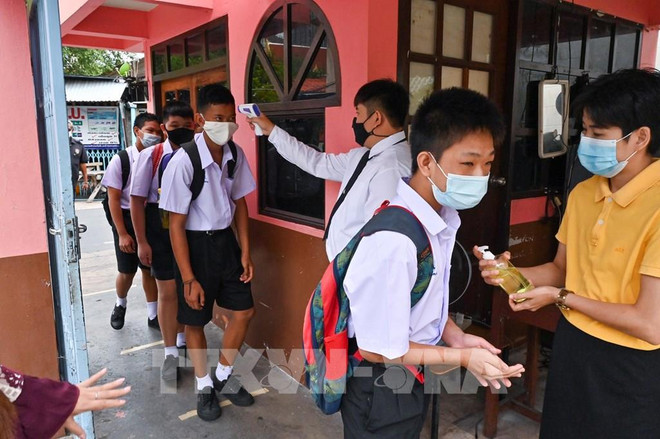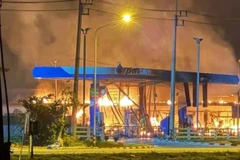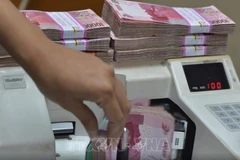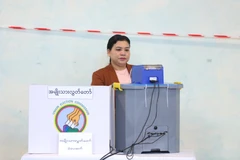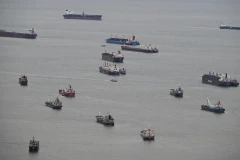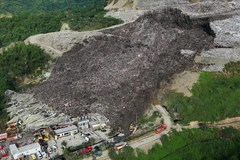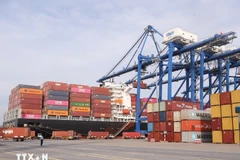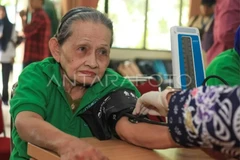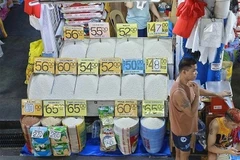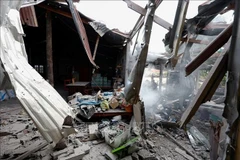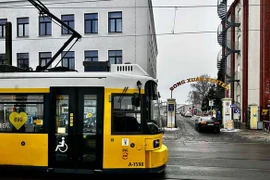Bangkok (VNA) – The Thai cabinet on August 13 agreed to establish a centre to address the economic situationheavily battered by the COVID-19 outbreak.
The economicsituation administration centre, tasked with working in the same way as the Center for COVID-19 SituationAdministration (CCSA), will be chaired by Prime Minister Prayut Chan-o-cha. Thesecretary-general of the National Economic and Social Development Council(NESDC) will be the center's secretary.
The centre's main focus is to promote Thailand'seconomic rehabilitation from the pandemic crisis. It will take charge ofproposing solutions to tackle economic problems and supervise the government'seconomic rehabilitation efforts.
The centre will comprise 22 committees withrepresentation from all economic ministers, the interior and labor ministries,the Bank of Thailand's (BoT) governor and the heads of three largeprivate-sector organisations.
Prime MinisterPrayut said that the COVID-19 pandemic has taken an enormous toll on allsectors. It not only ripped off income to exports and tourism, but also led toa slump in domestic employment and business activities generated by the smalland medium-sized enterprises, said Prayut.
Exports andtourism have been the two major contributors to Thailand's economy. Foreignvisitors to Thailand this year were predicted to plunge to only 2 to 3 millionfrom 40 million in the previous year.
The BoT forecast that Thailand'ssecond-quarter economic contraction could reach a record of 13 percentyear-on-year after business activities were halted by lockdown measures duringthe period.
Theanticipated decline would mark the lowest year-on-year growth since a 12.5percent contraction in the second quarter of 1998 in the wake of the 1997 Asianfinancial crisis.
Thailand'seconomy in the first quarter shrank for the first time since 2014, by 1.8percent year-on-year and 2.2 percent quarter-to-quarter on a seasonally adjustedbasis, as the pandemic cut off tourist arrivals and shuttered businessactivities./.
